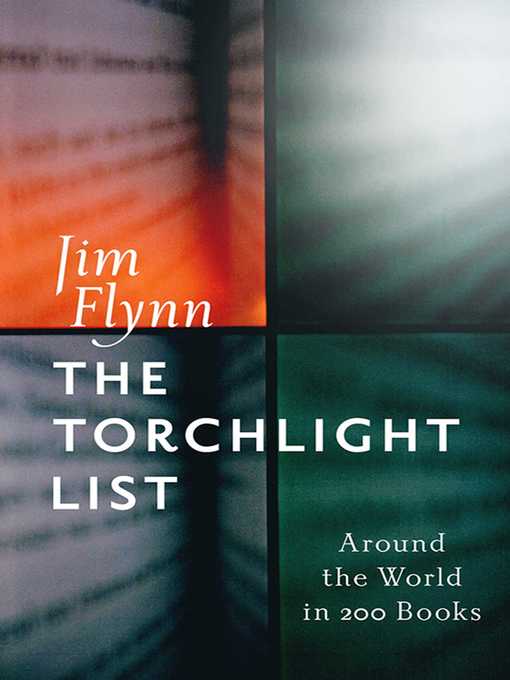
The Torchlight List
Around the World in 200 Books
کتاب های مرتبط
- اطلاعات
- نقد و بررسی
- دیدگاه کاربران
نقد و بررسی

September 23, 2013
In this heartfelt favorites list, American political scientist Flynn (Defend Humane Ideals), who is based in New Zealand, waxes nostalgic about reading for pleasure, which, he’s observed, is a waning practice among his students. Originally from a poor Irish-American family of self-educated book lovers, including his uncle Ed—who read by torchlight on a naval ship during WWI—Flynn wants to guide readers through books that will expand their minds, educate as well as entertain, and ultimately lead to self-liberation. The fiction and nonfiction titles are separated into broad categories, such as science and early civilization, American history, the human condition, and European history. The discussion of each title is brief—in one memorable case, referring readers to a Wikipedia entry—and Flynn’s list skews noticeably towards older titles, few of which were written by women. Flynn’s sometimes curmudgeonly tone charms, and his exhortation to teach children to love reading as a lifelong gift is touching, but it’s hard to understand who the audience for this book would be; though he promises “this book will set your feet on the way to the kind of education no university offers,” the selection feels too outdated and the commentary insufficient to meet these goals.

October 1, 2013
A slim volume that gives suggestions of 200 books that will take readers through "the magic realm of literature," yet it offers too little magic and, surprisingly, finds too little of it in the recommended books. Flynn (Emeritus, Politics/Univ. of Otago; Where Have All the Liberals Gone?: Race, Class, and Ideals in America, 2008, etc.) writes that "it never occurred to me not to read for pleasure," lamenting the fact that students and academics alike seem to read out of a sense of duty, narrowly rather than widely, missing not only the education that literature offers, but the joy. So far, so good, until we get to the actual recommendations, most of the books summarized in a paragraph or less, many of them damned with faint praise. Flynn claims that Saul Bellow displays "pretension and the irritating need of the author to show how well-educated he is" and that William Faulkner's "style is too convoluted for my taste." If Flynn is less than impressed with literature that is a little too literary, he generally ignores anything experimental or postmodern, novels that are more about the writing of the novel than an engagement with the world. He loves Thornton Wilder. He writes that "E.L. Doctorow is a great novelist," and that "all of [Philip] Roth's novels are good." Flynn also highly recommends the later Tom Wolfe books, which have been so widely disparaged, and he rarely goes very deep in his analysis. So, while the impulse underlying this book is solid--to get more people to read more--those who are already widely read will find much of this patronizing or infuriating, while those who hardly read at all aren't likely to be inspired by a series of tepid summaries. An idiosyncratic (at best) celebration of the joy of reading.
COPYRIGHT(2013) Kirkus Reviews, ALL RIGHTS RESERVED.

























دیدگاه کاربران